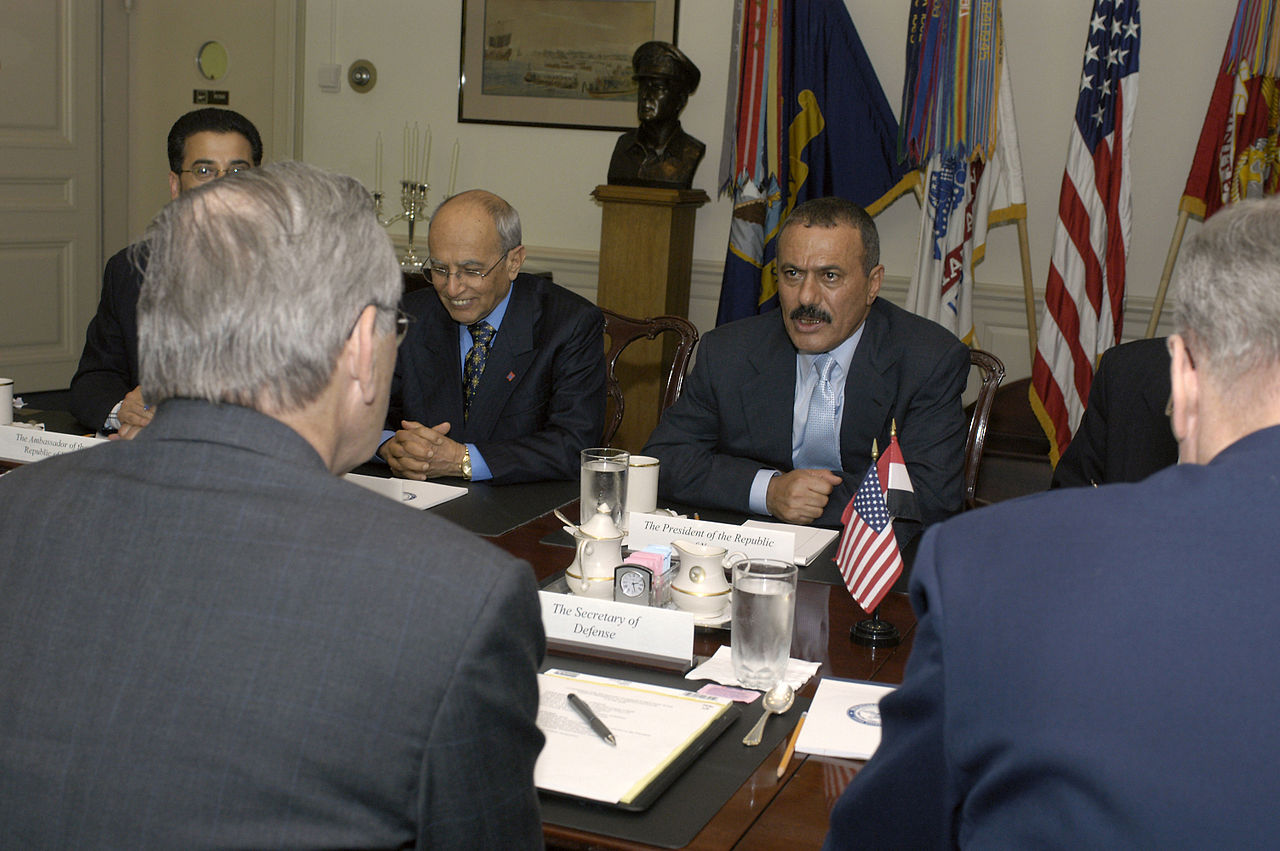Views expressed in opinion columns are the author’s own.
The recent assassination of former Yemeni President Ali Abdullah Saleh has shaken the dynamics of the civil war in Yemen. Saleh, who was allied with northern Shia Houthi rebels, announced he was switching sides and joining forces with the Saudi-backed Hadi government. In response, the Houthis killed him, further deepening the conflict.
Many foreign policy experts predict the assassination will extend and exacerbate an already horrible war, which has killed almost 10,000 people, left millions in need of humanitarian aid and created the world’s worst famine in decades.
Yet, while these observers see Saleh’s killing as a step backward, the deaths of important leaders have historically created opportunity for conflict mediation. New leaders often have something to prove; they don’t want to begin their careers by continuing a devastating conflict and want to be seen as national heroes.
President Joseph Kabila of the Democratic Republic of the Congo and late President Anwar Sadat of Egypt both managed to create peace where their predecessors failed.
Both leaders took power after their respective national leaders died. Kabila took over after his own father’s assassination and quickly resolved a war that claimed up to three million lives. Sadat became president in 1970 after Egypt’s former leader, Gamal Abdel Nasser, died of a heart attack. While the Israeli-Egypt conflict did not end immediately — the two states went to war in 1973 — Sadat quickly realized the only way forward in the Middle East was peace with Egypt’s neighbors. Egypt, under Sadat, was the first Arab country to make peace with Israel, marking a turning point in Middle East relations.
In both instances, the emergence of new leaders brought new opportunities. Obviously, leadership is not the only factor in peace negotiations, but it is an important one. So now that Saleh — who was a power-hungry former president — is dead, the big question is who will replace him. Will that person be intimidated by Houthi violence or seek retribution for the murder of his former leader? Another alternative, however, is that such a leader might be able to reinvigorate peace talks.
Yemen has done this before: 40 years ago, after Yemen’s president was assassinated, Saleh managed to end the nation’s bloody civil war. Now he’s been assassinated, and another person has an opportunity to unify Yemen.
Needless to say, this is a very optimistic view. With neither side totally exhausted, the odds of a new leader effecting significant change at this point is low. Still, ignoring the opportunity would be blinding. Once a new leader becomes apparent — which may take some time as various internal actors vie for influence — international parties such as the United Nations need to attempt another round of reconciliation. With new leadership and an effective stalemate in the conflict, this might be the best chance Yemen has for peace. Let’s not squander it.
Moshe Klein is a junior economics and government and politics major. He can be reached at mosheylklein@gmail.com.



